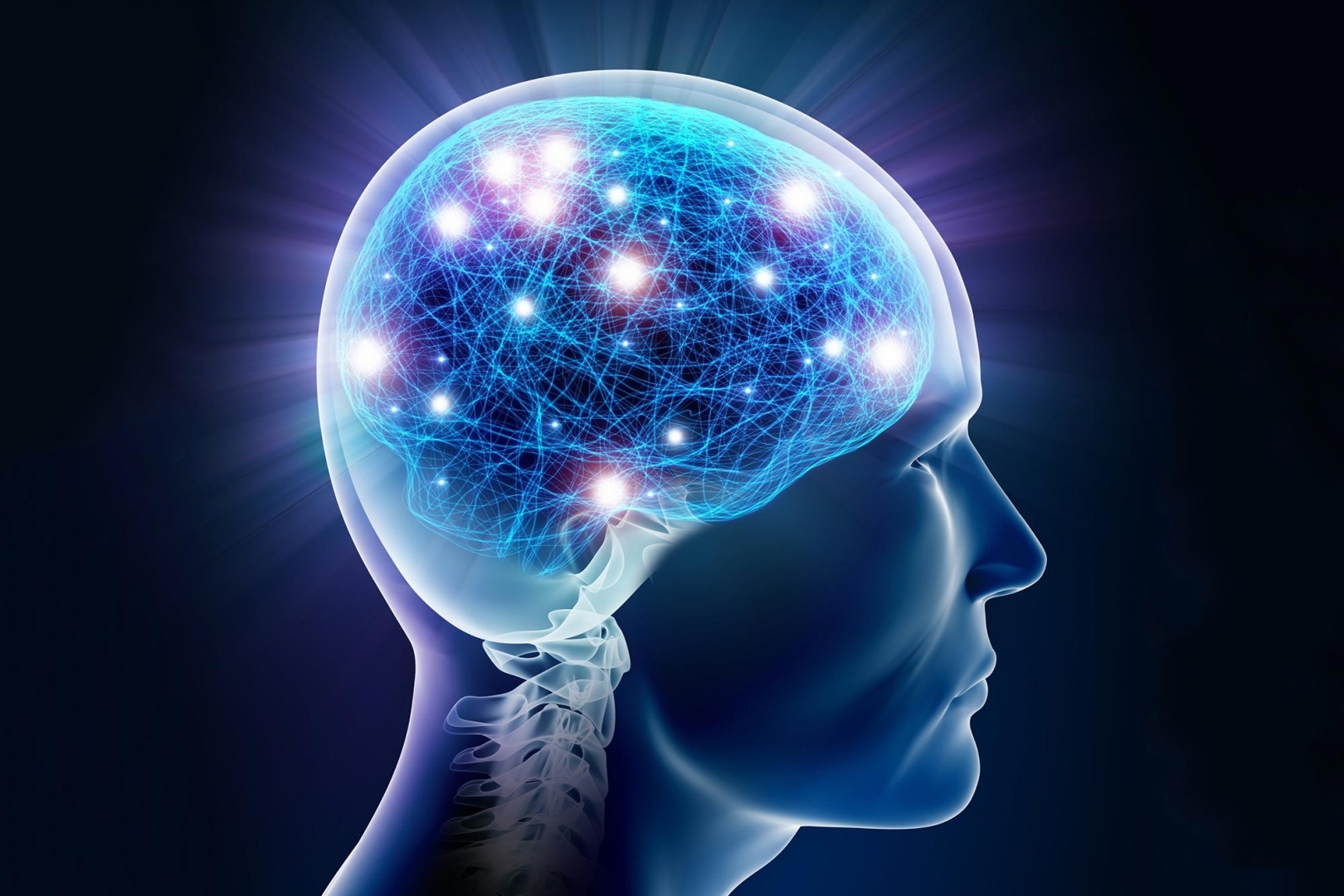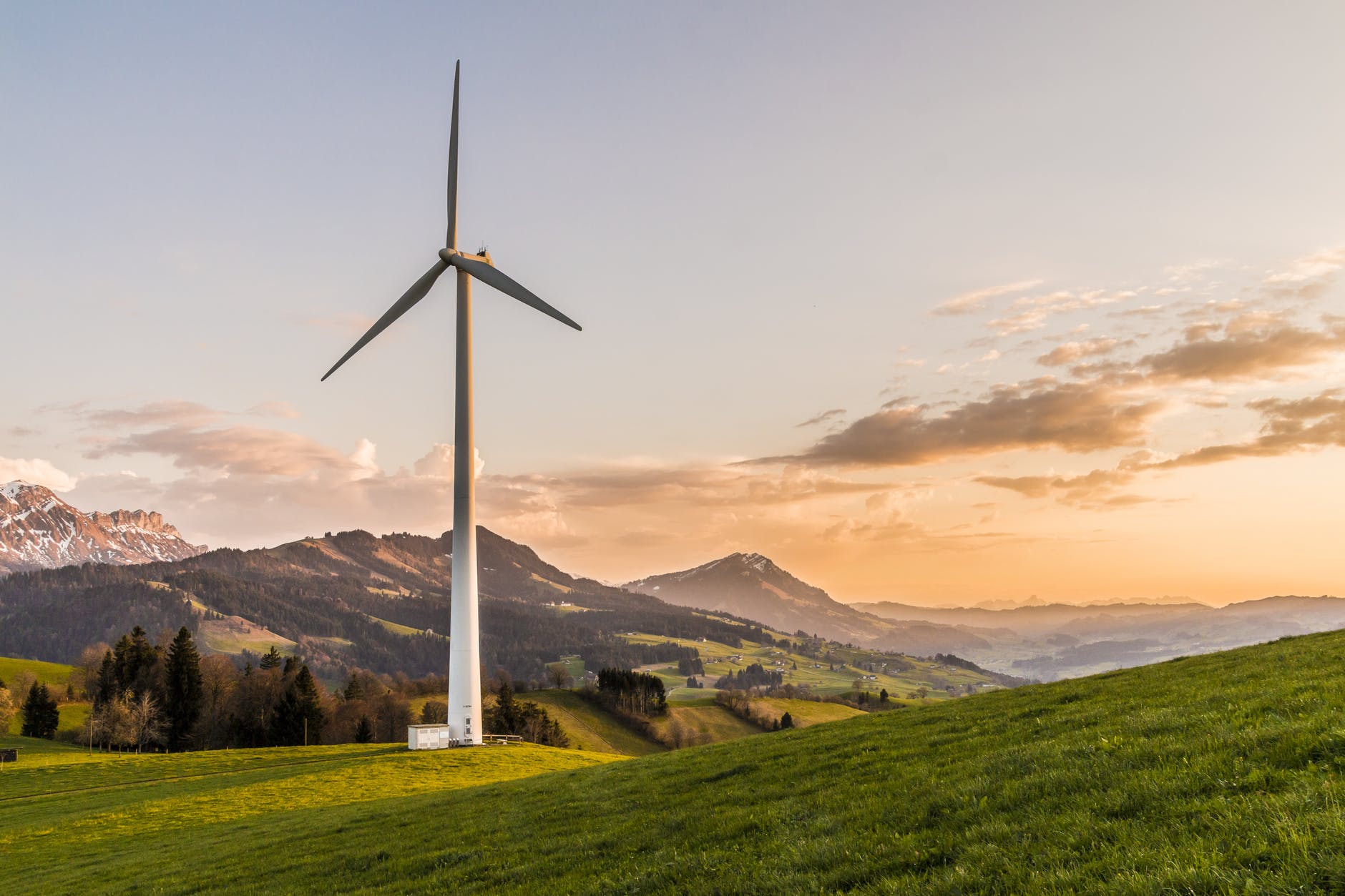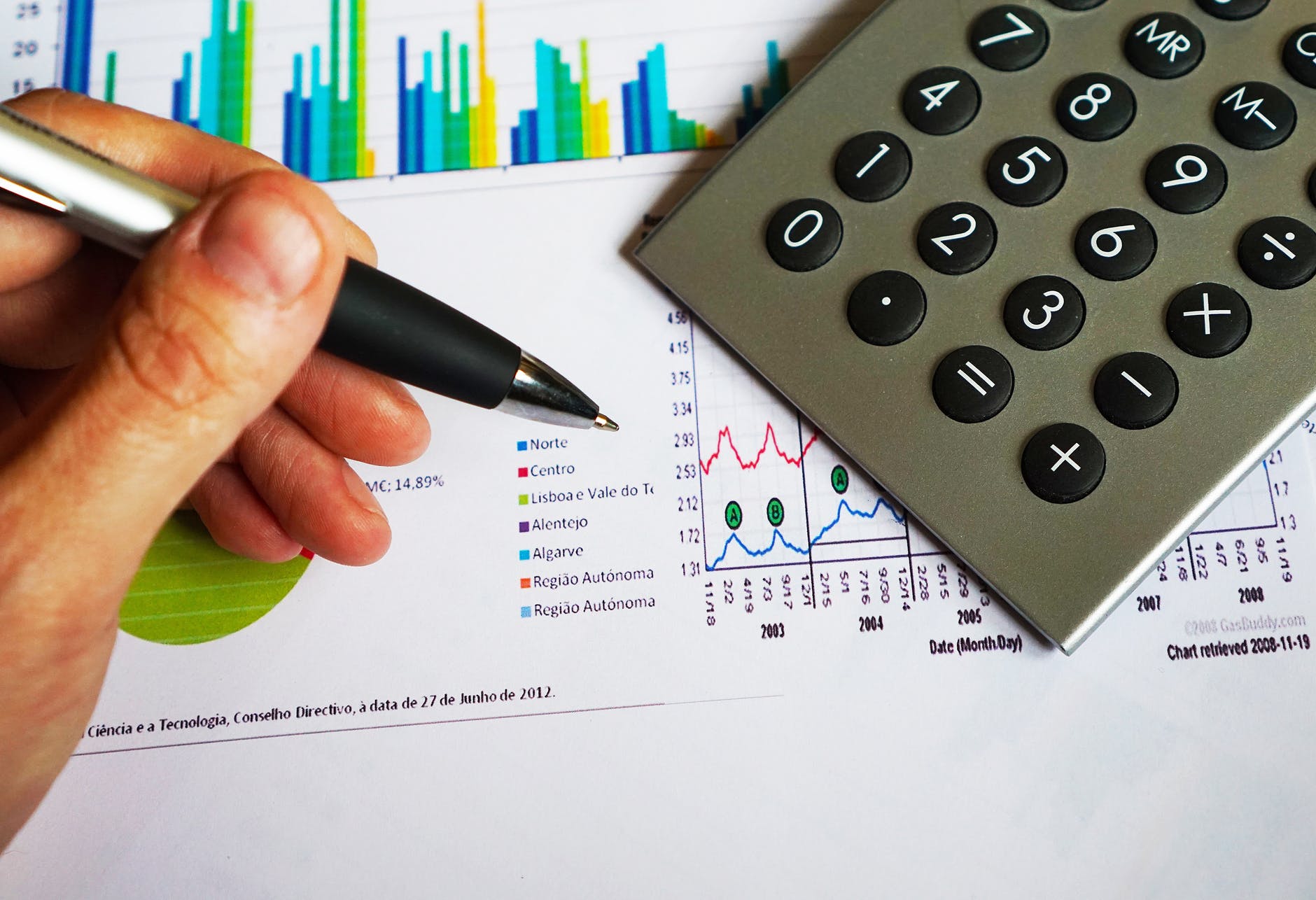Stephen Yeboah

Stephen is a policy analyst, researcher and strategic communicator on energy, climate, agriculture, finance and natural resources in Africa. He was selected as LinkedIn Top Voice on ‘Economy and Finance’ for 2017. He was also selected as part of 30 under age 30 emerging Ghanaian Talents in the world by the UK-based Future of Ghana. He is a PhD candidate at the Swiss Graduate School of Public Administration (IDHEAP), University of Lausanne, researching on the politics and institutions (governance) of natural resources in Ghana.

There is a recent article, Mind-Body Problem: How Consciousness Emerges from Matter, discussing internal representations of the body and the world.

The rise of the fast fashion industry in the past few years has brought in its wake a booming trade of second-hand clothing. Today, millions of people around the world donate clothes with the understanding that they will support the needy or will be resold in secondhand stores.

Transparency is required for realising goals, boosting performance and leveraging impacts of any business operations. This is why transparency is a key element in the operations of the African Development Bank. Efforts at improved operations and efficient systems grounded in transparency are paying off.

The world is at the dawn of the Fourth Industrial Revolution, which promises a new wave of technologies that will change how things are done today. As with the first three revolutions, the element of the Fourth Industrial Revolution at its core will be energy.

“Africa is simply tired of being in the dark” – Akinwumi Adesina, President of the African Development Bank.

The Democratic Republic of Congo (DRC) has undertaken a bold reform in its mining sector. This month, DRC’s its president Joseph Kabila signed into law a new mining code that increases royalties and taxes that mining companies pay. This happened even in the face of strong objections from international mining companies operating in DRC: Glencore, Randgold, China Molybdenum and Ivanhoe.

The interaction between artisanal (small scale) mining and agriculture in Africa still needs to be carefully considered by policy makers to ensure that people’s livelihoods and countries’ export revenues aren’t threatened. It’s also important that the relationship between the two sectors is optimised to mutual benefit.

The interaction between artisanal (small scale) mining and agriculture in Africa still needs to be carefully considered by policy makers to ensure that people’s livelihoods and countries' export revenues aren’t threatened. It’s also important that the relationship between the two sectors is optimised to mutual benefit.

Resource-rich African countries are facing significant economic headwinds. Nigeria, Africa’s largest oil producer, depends on oil for over 90% of its foreign exchange earnings and three-quarters of government revenue. The slump in oil prices has adversely affected Nigeria’s economic prospects, pushing GDP growth into negative territory to -1.5% in 2016 before bouncing back to 1.4% in the 3rd quarter of 2017.

The Ruzizi III Hydropower Plant Project, which serves Burundi, the Democratic Republic of Congo, and Rwanda, could create about 135,200 total jobs over the project’s lifespan. It will increase the region’s access to electricity by 300% too. This project is important in the face of limited access to electricity in these countries: 10% in Burundi, 15% in the Democratic Republic of Congo and 30% in Rwanda.
By visiting our website you agree that we are using cookies to ensure you to get the best experience.
We use cookies to ensure you to get the best experience on our website. If you decline the use of cookies, this website may not function as expected.
Tools used to analyze the data to measure the effectiveness of a website and to understand how it works.